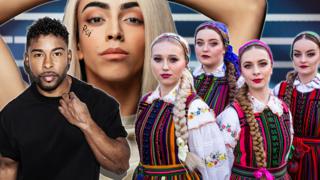 Image copyright Eurovision
Image copyright Eurovision “It’s every artist’s dream to carry out on this phase,” discusses 16-year-old vocalist Zena.
As this year’s youngest Eurovision Song Contest participant she can’t conceal her enjoyment at participating in the “most popular contest on the planet”.
She’s representing Belarus at the competitors – kept in Tel Aviv, Israel, this year – and is among the numerous acts assisting change Eurovision’s image, which is often viewed as a little a joke in the UK.
Other nations have actually invested years establishing a formula wishing to win – and host it the list below year – by sending out a few of their most seriously well-known and popular acts.
The program is the world’s greatest live music occasion and is extremely popular with more youthful audiences.
Eurovision states in 42 markets, the contest was 4 times more popular with 15-24-year-olds than the typical program.
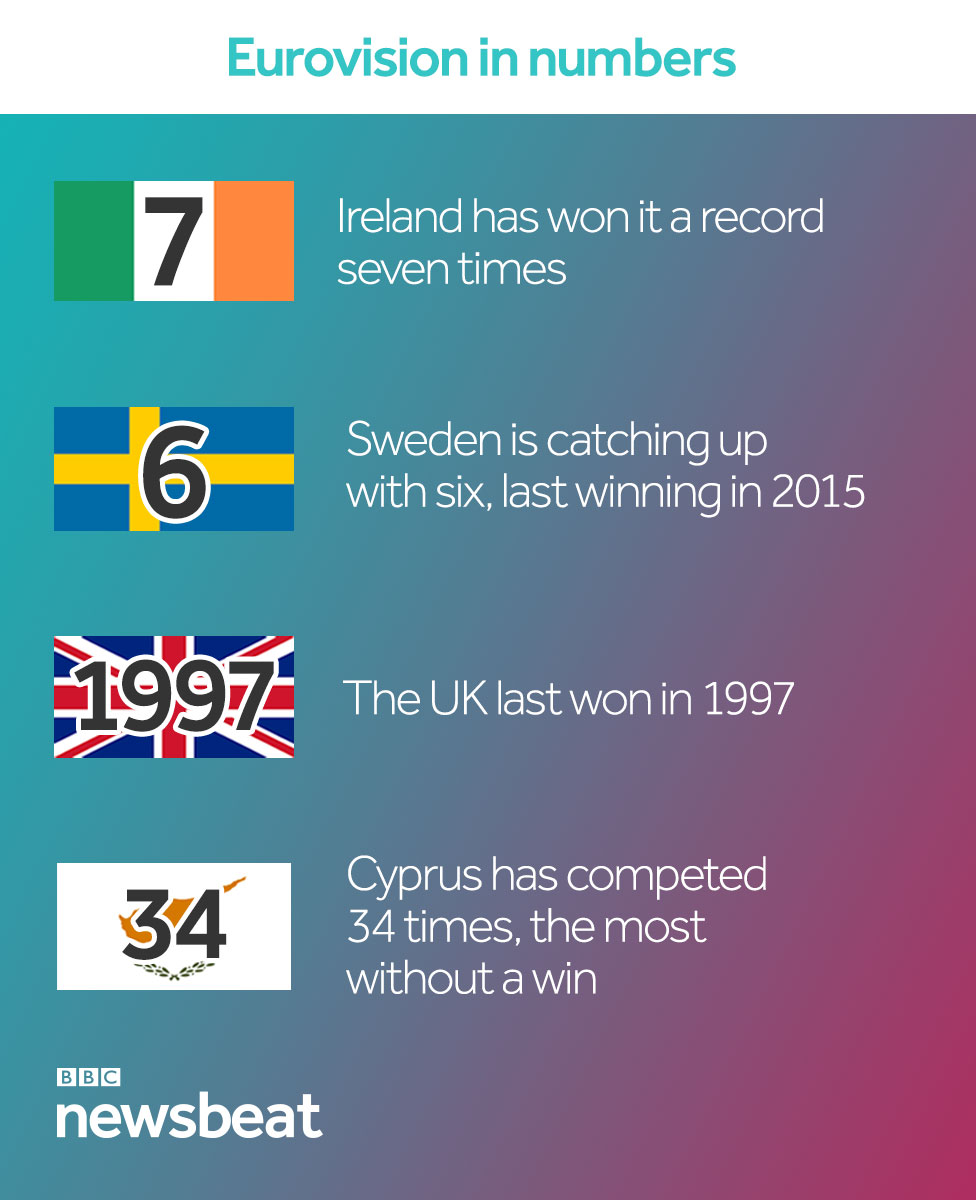

Most acts participating in this year’s contest are under the age of 30, however Switzerland’s Luca Hanni jokes he feels old at 24.
“It’s fantastic to see all youths contending,” he states.
Eurovision is a week-long occasion with a red carpet, 2 semi-finals, a grand last and this year, an efficiency from Madonna.
But the accumulation goes on for months and individuals like 18-year-old Gemma Lee see it as a “genuine location to discover brand-new music”.
Gemma and her mates began a Eurovision society at Bristol University to discuss what her pal Luke Hardwick calls “the World Cup of music”.
“This year there’s a genuine mix of categories,” Gemma states. “It’s a revitalizing thing that anybody can view Eurovision and there’s going to be something for them.”
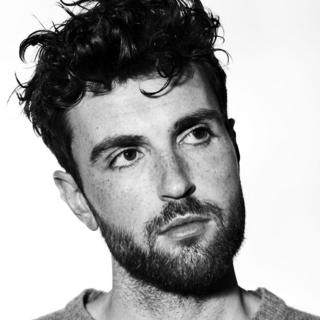 Image copyright Paul Bellaart
Image copyright Paul Bellaart On a Saturday night in April, 5,000 fans loaded into an arena in Amsterdam for the very first huge Eurovision celebration of the season.
Most of this year’s 41 acts carried out to a crowd waving flags and radiance sticks, headlined by the Dutch entry Duncan Laurence – among this year’s favourites.
“I believe tonight comes as close as it can to Tel Aviv,” the 25-year-old informs Radio 1 Newsbeat.
“Eurovision is a huge phase for me, specifically as a brand-new artist,” he states. “I see it as a possibility to reveal myself and let individuals hear my music.”
Backstage, candidates are satisfying each other for the very first time, considering up the competitors and making buddies.
Just prior to talking to Newsbeat, Spain’s Miki Nunez, 23, is overheard promoting Belarus’ Zena.
He praises her, provides her a hug and informs us that youths “have a great deal of things to state about society” and the contest is a “great chance for us to reveal ourselves”.
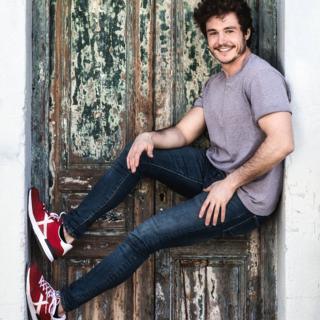 Image copyright Jos Irn
Image copyright Jos Irn A week later on, 18 of the acts get here in the UK for the London Eurovision Party at the city’s Cafe De Paris.
The UK’s entry Michael Rice is talking about his Amsterdam experience.
“My mates believe it’s insane that I’m going to all these various nations,” he states. “They’re simply seeing bits on Instagram and all the fans.”
He believes it’s an advantage the UK does not send out joke acts and “it’s about time” it took the contest seriously.
Standing beside Michael is among this year’s most spoken about individuals – France’s 19-year-old entry Bilal Hassaini.
He explains himself as a gay, queer guy who carries out in drag – and states he gets “a great deal of hate and reaction” since of it.
“I’ve been dealing with my identity for a long period of time and I’ve lastly discovered the strength to disregard others.”
 Image copyright Dorothe Murail
Image copyright Dorothe Murail Embracing variety is a belief that resonates with LGBT fans, who comprise such a big part of the Eurovision neighborhood.
Notable minutes in the contest’s 64-year-history consist of drag queen Conchita’s win in 2014 and Dana International, a transgender vocalist, winning for Israel in 1998 with her tune Diva.
Last year, Ireland’s efficiency consisted of 2 guys dancing as a couple , which led to censorship in China .
Controversy this year might originate from Iceland’s entry Hatari, with their BDSM-inspired clothing of leather, spikes and PVC – and their claim that “every act requires a gimp”.
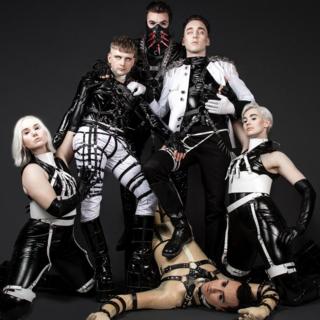 Image copyright Lilja Jns
Image copyright Lilja Jns Eurovision guidelines state acts requirement to be strictly non-political throughout their efficiencies, however Tel Aviv is showing a questionable host due to the fact that of the Israeli-Palestinian dispute.
Some stars have required the contest to be moved from Israel , while others desire candidates and nations to take out entirely.
Hatari, who state they went into the competitors since they wish to clarify political elements of Israel, confess their position “is an inconsistent one”.
“A contest like Eurovision was established in the spirit of peace and unity,” vocalist Matthias Haraldsson informs Newsbeat.
“We discover it unreasonable to host it in a nation spoiled by dispute and disunity. Enabling that story to go on undisputed would be an embarassment.”
The band insist they’ll stay with the rigorous Eurovision guidelines by not making any political declaration throughout their efficiency.
Kobi Marimi – the Israeli entrant – thinks the contest “commemorates music and love” and Greece’s Katerine Duska states she “carries out for individuals, not federal governments”.
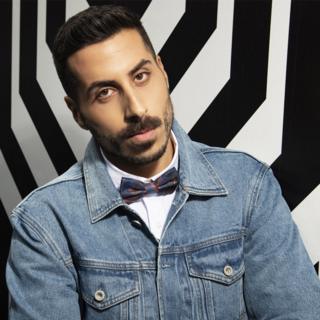 Image copyright Ronen Akerman
Image copyright Ronen Akerman One nation which isn’t sending out an act to Tel Aviv is Ukraine, after its entry Maruv took out of the contest .
She was challenged on Ukrainian TELEVISION about her views on Crimea – a disputed location of Ukraine that Russia took in March 2014.
Ukraine’s state broadcaster then asked her to cancel gigs in Russia as one of the conditions of her being its Eurovision entry.
After a disagreement, she gave up the contest.
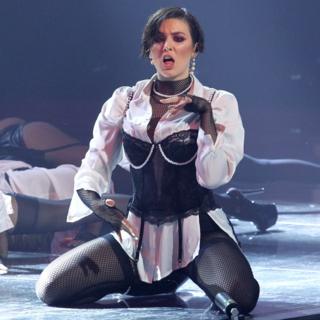 Image copyright Getty Images
Image copyright Getty Images Speaking to Newsbeat she discusses: “It was my dream to represent my nation at the competitors however I’m in a tune contest, not a political arena.
“I was upset and unfortunate to take out as I wished to have the experience however I will not contend once again.”
Referring to her choice, co-host of the BBC’s Eurovision Calling podcast Jayde Adams stated it reveals “Eurovision is not almost a singing competitors – it’s more than that – it’s about the world and how individuals suit it.”
Last year around 186m tuned in to see Israel’s Netta win with Toy – a tune about female empowerment.
 Image copyright Getty Images
Image copyright Getty Images Of all the nations in Eurovision, Sweden takes its choice the most seriously – and is rewarded with constant leading 10 surfaces.
Arguably, Loreen’s win for Sweden in 2012 was a turning point in the change of Eurovision.
Her anthem Euphoria won by a mile, going to primary in 17 nations and reaching number 3 in the UK charts.
This year John Lundvik is representing Sweden and explains Eurovision as “the holy grail” of music.
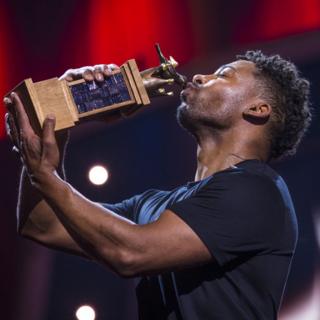 Image copyright Getty Images
Image copyright Getty Images He confesses the contest utilized to be “corny” however states it’s progressed into a “super-fashion-hit-song, super-artist-thing that’s now cool to be a part of”.
Also an early preferred with his tune Soldi, Italy’s Mahmood informs Newsbeat that less is more when it pertains to the efficiency.
“If you do something cool and very little and distinct then I believe it’s a gorgeous opportunity to demonstrate how a nation can do something modern-day and intriguing.”
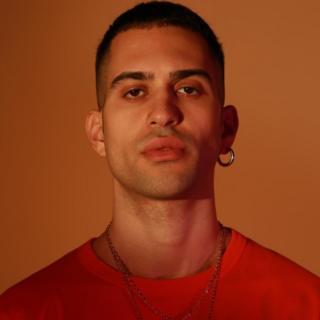 Image copyright Attilio Cusani
Image copyright Attilio Cusani UK entry Michael Rice concurs with John (who likewise co-wrote the UK’s entry) and Mahmood, stating many individuals see Eurovision as a “trick” however in truth “you’re never ever going to get a platform like this once again”.
In current years, the UK has actually regularly appeared in the bottom half of the Eurovision leaderboard however that’s not the focus for Michael.
“It’s so surreal and a substantial honour to be representing my nation. It’s a terrific accomplishment for me as I’m just 21 years of ages,” he discusses.
“It’s going to be something I can review and believe ‘I did Eurovision’.
“I simply wish to make everybody proud.”
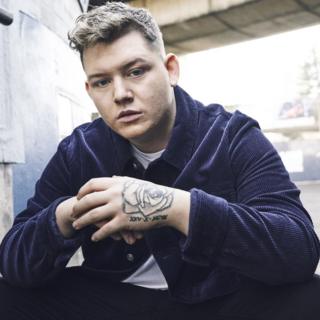 Image copyright BBC/Joe Giacomet
Image copyright BBC/Joe Giacomet 
The Eurovision last happens on Saturday, May 18 at 20:00 BST and is on BBC One, BBC Radio 2 and BBC iPlayer .


Follow Newsbeat on Instagram , Facebook , Twitter and YouTube
Listen to Newsbeat live at 12:45 and 17:45 weekdays – or listen back here .
Read more: https://www.bbc.co.uk/news/newsbeat-48023500


Recent Comments